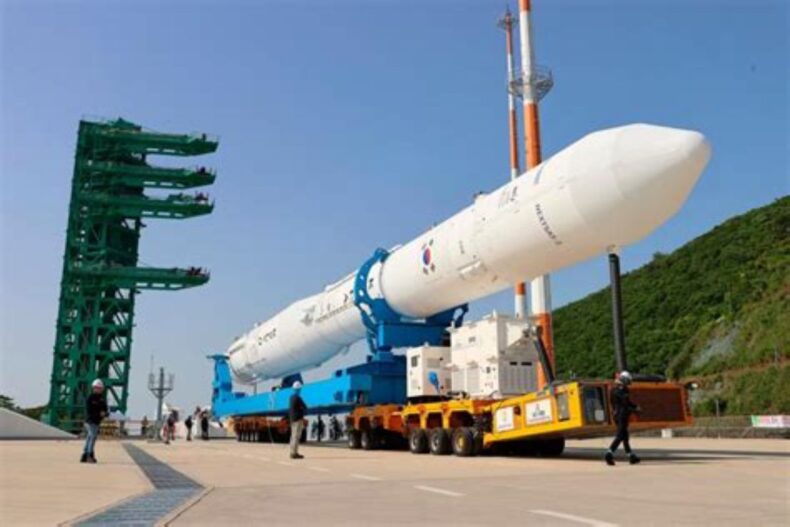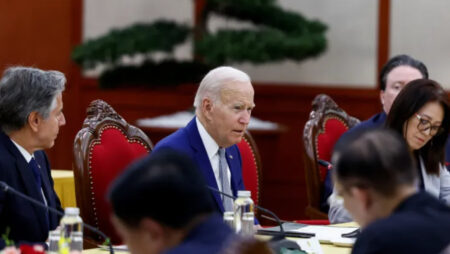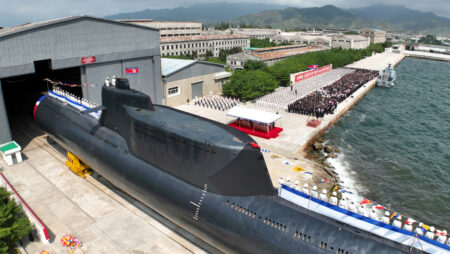South Korea’s Nuri rocket successfully launches commercial-grade satellite, marking a significant milestone for the country’s space program and global ambitions.
South Korea’s Nuri rocket successfully launched a commercial-grade satellite into orbit on Thursday, marking a significant achievement for the country’s space program and its ambitions to compete in the global space race. The rocket, developed entirely with South Korean technology, lifted off from the Naro Space Center on the southern coast of the country. This launch comes after a technical glitch forced a delay of the mission a day earlier.
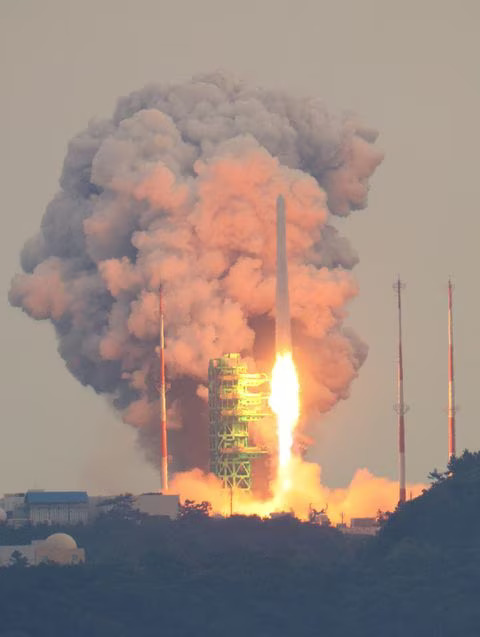
South Korea Joins Elite Club of Spacefaring Nations
The launch, initially scheduled for Wednesday, was postponed due to technical issues, but the rocket took off on Thursday at 6:24 p.m. local time. The Nuri rocket carried a total of eight satellites, including the main commercial-grade satellite that successfully established contact with a base station in Antarctica after separating from the rocket. Science Minister Lee Jong-ho confirmed the successful separation of six other cube satellites, while one remaining cube satellite is still being verified. With this milestone, South Korea now joins the ranks of the top seven countries that have placed domestically produced satellites into orbit using their own space launch vehicles.
President Yoon Suk Yeol expressed his excitement about the launch, emphasising that it will significantly enhance how the world perceives South Korea’s space science technology and advanced industry. The successful delivery of a commercial-grade satellite represents a crucial step forward in the country’s space program, following a previous test launch in June last year that placed dummy satellites into orbit.
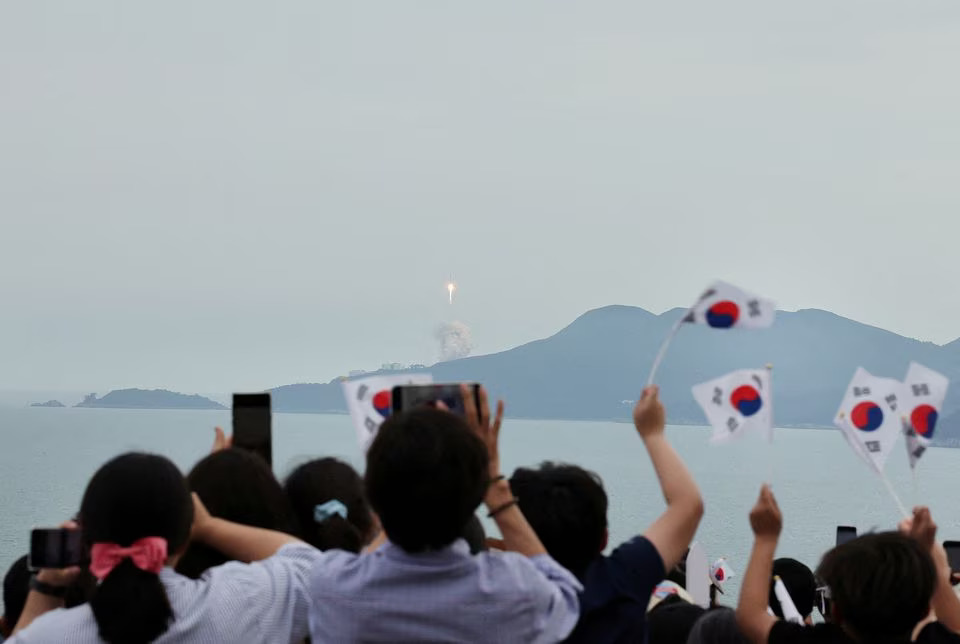
The Way Forward
South Korea’s space aspirations extend beyond commercial satellite launches. The Nuri rocket, a three-stage vehicle measuring over 47 metres (155 feet) in length and weighing 200 tonnes, is key to the country’s plans to boost progress in various areas, including 6G networks, spy satellites, and lunar probes. The government has set ambitious goals, aiming to land spacecraft on the Moon by 2032 and Mars by 2045.
In the context of the Asian region, space exploration has become a competitive endeavour. China, Japan, and India are among the countries with advanced space programs, and North Korea is also preparing to launch its first military spy satellite. South Korea has its own plans to launch military satellites but has explicitly ruled out using the Nuri rocket for weapons purposes.
The successful launch of the Nuri rocket is a significant achievement for South Korea’s space program, which has had a mixed record in the past. The country’s first two launches in 2009 and 2010, using Russian technology, ended in failure. The 2013 launch was successful but still relied on a Russian-developed engine. However, last year, South Korea became the seventh nation to independently launch a one-tonne payload using its own rockets.
The Nuri rocket, with a development period of a decade and a cost of two trillion won ($1.5 billion), represents a major milestone for South Korea’s space capabilities. It is expected to play a crucial role in advancing the country’s space exploration and satellite technology. With three more Nuri launches planned by 2027, South Korea is determined to further establish its presence in the space industry and achieve its ambitious goals.







